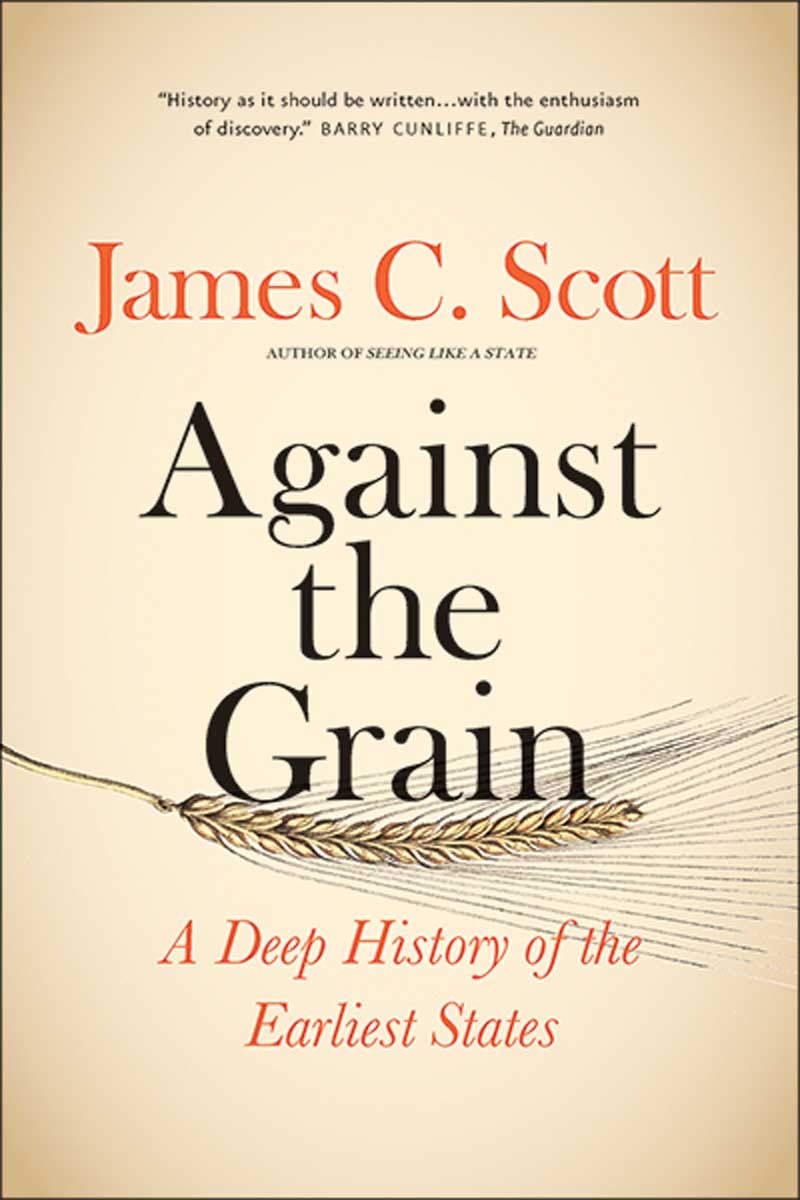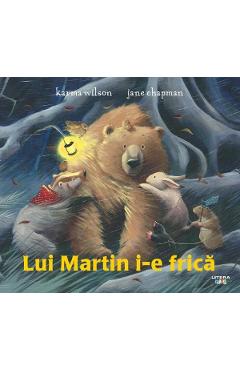- Informatii telefonice:(+40) 748 400 200
Against the Grain | James C. Scott
Cod intern: xsales_1394487Producator: Yale University Press
Vizualizari: 30 / Achizitii: 24
Stoc: In stoc
Pret: 92.0 RON
Acest produs este publicat in categoria Librarie la data de 15-03-2025: 10:03 si vandut de Carturesti. Vanzatorul isi asuma corectitudinea datelor publicate. ( alege finantarea potrivita )
-
Produs cu garantie
-
Livrare direct din stocul fizic al Carturesti
-
Retur gratuit minim 14 zile de la data achizitiei
An Economist Best History Book 2017 “History as it should be written.”―Barry Cunliffe, Guardian “Scott hits the nail squarely on the head by exposing the staggering price our ancestors paid for civilization and political order.”―Walter Scheidel, Financial Times Why did humans abandon hunting and gathering for sedentary communities dependent on livestock and cereal grains, and governed by precursors of today’s states? Most people believe that plant and animal domestication allowed humans, finally, to settle down and form agricultural villages, towns, and states, which made possible civilization, law, public order, and a presumably secure way of living. But archaeological and historical evidence challenges this narrative. The first agrarian states, says James C. Scott, were born of accumulations of domestications: first fire, then plants, livestock, subjects of the state, captives, and finally women in the patriarchal family―all of which can be viewed as a way of gaining control over reproduction. Scott explores why we avoided sedentism and plow agriculture, the advantages of mobile subsistence, the unforeseeable disease epidemics arising from crowding plants, animals, and grain, and why all early states are based on millets and cereal grains and unfree labor. He also discusses the “barbarians” who long evaded state control, as a way of understanding continuing tension between states and nonsubject peoples.



























Scrie parerea ta
Against the Grain | James C. Scott
Ai cumparat produsul Against the Grain | James C. Scott ?
Lasa o nota si parerea ta completand formularul alaturat.
An Economist Best History Book 2017 “History as it should be written.”―Barry Cunliffe, Guardian “Scott hits the nail squarely on the head by exposing the staggering price our ancestors paid for civilization and political order.”―Walter Scheidel, Financial Times Why did humans abandon hunting and gathering for sedentary communities dependent on livestock and cereal grains, and governed by precursors of today’s states? Most people believe that plant and animal domestication allowed humans, finally, to settle down and form agricultural villages, towns, and states, which made possible civilization, law, public order, and a presumably secure way of living. But archaeological and historical evidence challenges this narrative. The first agrarian states, says James C. Scott, were born of accumulations of domestications: first fire, then plants, livestock, subjects of the state, captives, and finally women in the patriarchal family―all of which can be viewed as a way of gaining control over reproduction. Scott explores why we avoided sedentism and plow agriculture, the advantages of mobile subsistence, the unforeseeable disease epidemics arising from crowding plants, animals, and grain, and why all early states are based on millets and cereal grains and unfree labor. He also discusses the “barbarians” who long evaded state control, as a way of understanding continuing tension between states and nonsubject peoples.
Acorda un calificativ